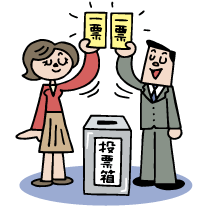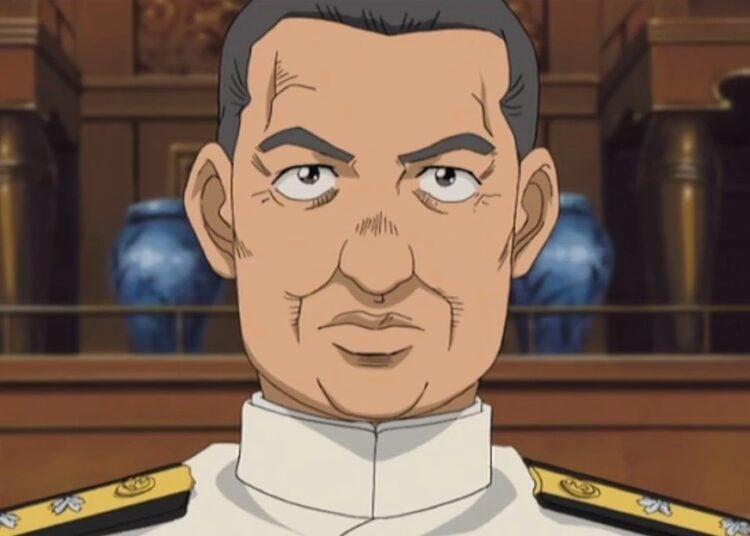There are some big differences between how elections work in Japan compared to the U.S. Because Japan uses a British-style Parliamentary system, the elections aren’t held as regularly as they are in the States, and you never know when the Prime Minister will disband the government and throw us all into Election Hell, with candidates riding around in loudspeaker cars thanking everyone loudly for their support. Election advertising is usually limited to posters showing the candidate wearing a smart suit with his name in large kanji characters, and negative advertising and campaigning is strictly forbidden. There are two types of election news coverage in Japan: reporting done by NHK, Japan’s version of the BBC, which by law must be neutral on all issues; and traditional masukomi (from “mass communications”) outlets like Fuji or TBS. While the press in Japan seems well balanced when covering politics — for example, even minor parties are given ample time to present their views on popular political talk shows, no matter how small their representation — you can always count on Asahi Shimbun-affiliated TV Asahi to give the ruling Liberal Democratic Party a hard time because of their long history of opposition. Also, the news media is always careful to tip-toe around any issue involving the New Komeito, Japan’s third-largest political party and part of the current ruling coalition, since many famous singers and actors are members of the Soka Gakkai Buddhist religion, which is completely unaffiliated (wink wink) with the New Komeito party (wink wink).
Sukiyaki Sad Song: JAL Flight 123 and The Day Kyu Sakamoto Died
August in Japan is always a heavy month, and not just because of the heat and humidity. It’s the season...















